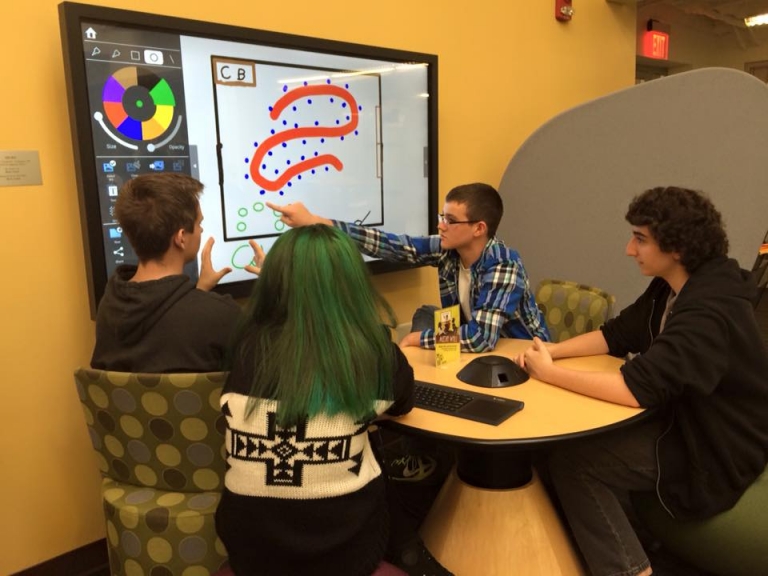Forming a Question & Rationale
Once you identify a focused topic, you might be tempted to immediately dive into researching that topic; however, if you do, you will most likely find yourself staring at a seemingly insurmountable pile of information. Remember that it is easier and more interesting to research with a goal in mind, and frame your topic as a research problem: a question whose answer solves a problem about which your audience cares. This will focus your research, saving you time and improving the quality and relevance of your research, as well as help you plan the product that will result from your research.
Depending on your familiarity with your topic, you may need to explore background information about your topic in order to inform your research question or problem; this is preliminary research, and is often necessary to establish a foundation for continuing, more focused research. As you peruse this preliminary research, look for questions and answers related to the who, what, where, how, and why of your topic. Identify and ask questions about your topic's history or origins, composition or structure, and categories or components.
You might also consider using Personal Interest Questions and/or Contextual Questions to refine a broad topic before you develop research questions or problems.
Once you've laid a foundation for your topic, use the following method, modified from The Craft of Research by Booth, Colomb, and Williams, to develop a research question or problem:
- Name your TOPIC: I am studying [what]...
- Ask and indirect QUESTION about your topic: ...because I want to know [who/how/why]
Identifies what you do not know or understand about your topic.
- Provide a RATIONALE: ...in order to understand [how/why/what]
Answers the "So what?" question, indicating why you and (more importantly) your audience will be interested in your research problem.
The TQR (topic, question, rationale) method provides motivation and focus for your research. If you can't fill in all the components, or if you have more than one Q & R, don't worry - just thinking about these questions and rationales will help focus your research, as well as help you actively engage your research.
Continue to step two, Determine Information Needs
Return to Define & Refine Your Topic

